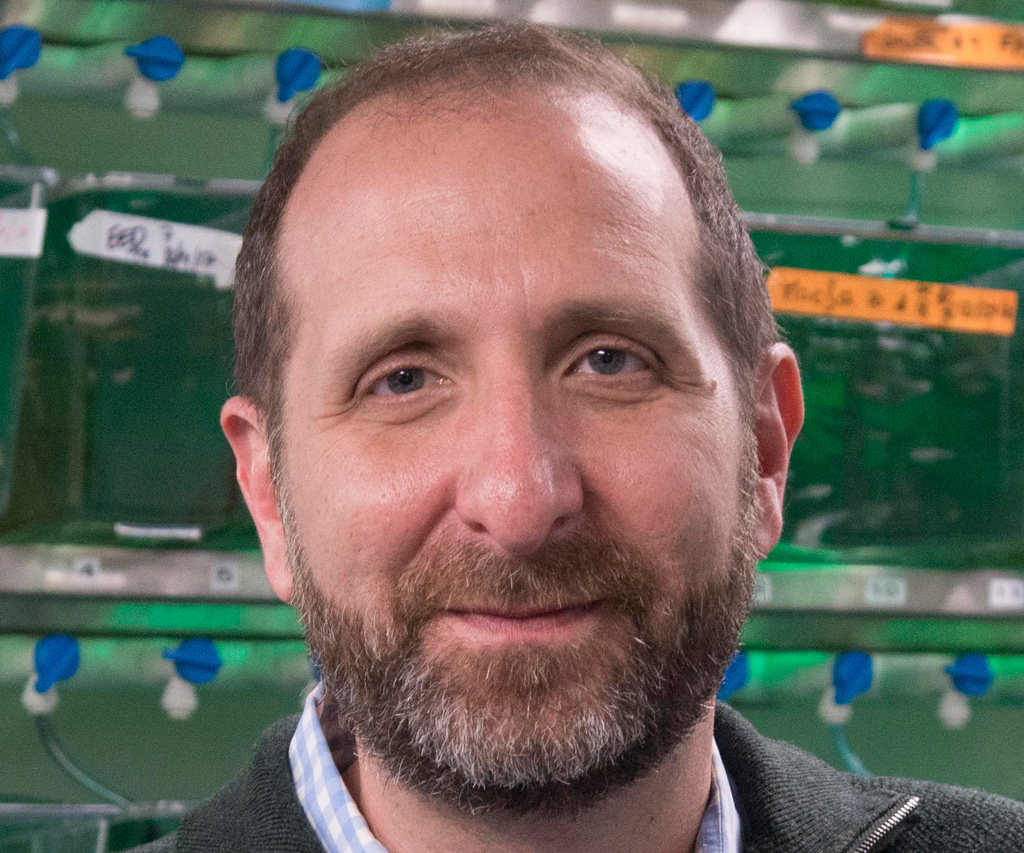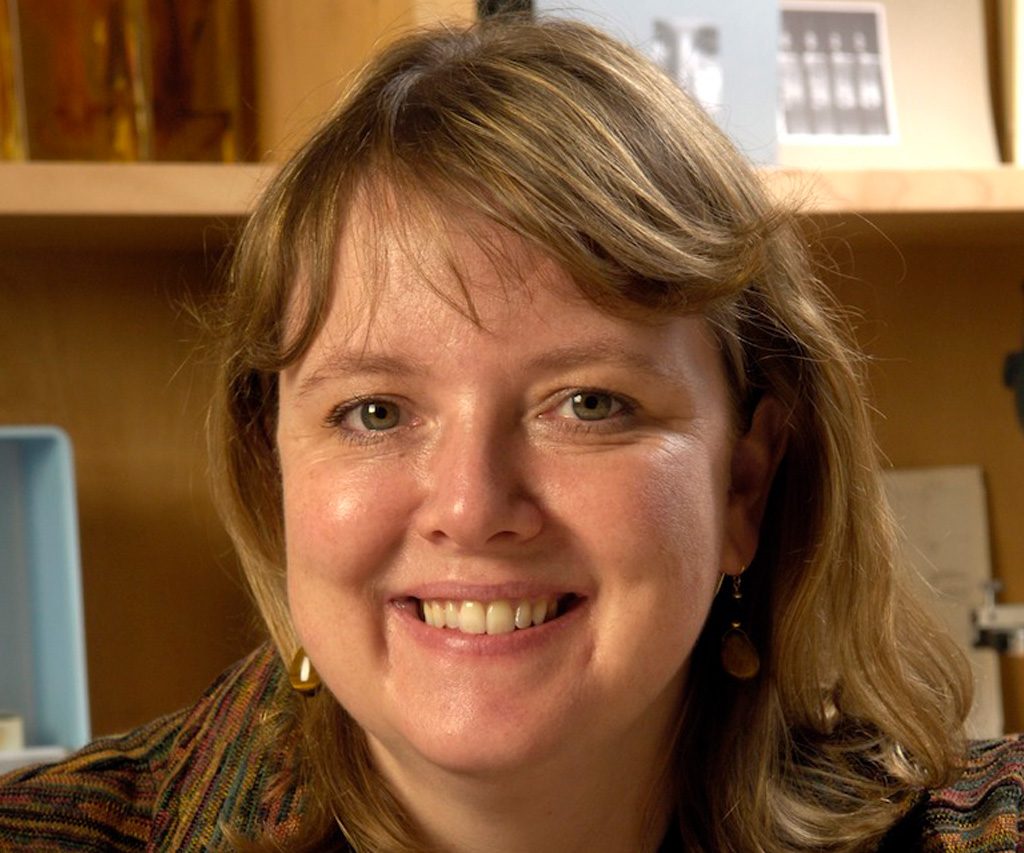
Cancer is very complex and chaotic in terms of its genetic signature. However, we still maintain a “hope among the chaos” for a better treatment by new discoveries and new therapeutic strategies. Among many encouraging areas, newly discovered RNA modifications and their interplay with RNA splicing possibly hold a promise for future therapeutic opportunities in cancer.
Sudipta Ghosh

Cancer research is a fascinating field, with many questions still to be answered. Being a PhD student, I would say that it is not that much about the specific area in cancer research, but more about the people you are going to work with. Scientists with different backgrounds could complement each other, joining forces and expertise. A multidisciplinary environment holds great promise for new breakthroughs.
Amanda Wicki

Our understanding of the proteome lags far behind that of DNA and RNA alterations in cancer. In part, this is due to a lack of scalable technologies like we have for nucleic acids. A concerted effort to map the cancer proteome (at both single-cell and spatial levels) is a major challenge for the next 10 years.
Richard White

Obesity and cancer. There is an obesity epidemic in most modern nations, which is most prominent in the USA. There are many cancers that are caused by obesity and the mechanisms are unknown. Thus we are facing a cancer epidemic likely related to changes in the food supply, nutrition and lifestyle, with no clear way to address it, that will impact millions of people.
Eileen White

Research on the tumor macroenvironment, to understand how the tumor influences and is modulated by other tissues and cell states in the human body, holds significant potential for improved cancer prevention and treatment. For example, why do tumors initiate and progress more efficiently in obese, sedentary or aged people? Do tumors metastasize more efficiently to insulin resistant liver? How does the tumor induce adipose and muscle wasting in cancer cachexia?
Kay Macleod

If I were just starting out I would develop expertise in bioinformatic analysis. It is becoming increasingly clear to me that these types of analyses are key to the understanding of biological data, developing new hypotheses and integration with clinical outcomes, among many uses.
Ralph Weichselbaum

The area of research that holds the greatest promise is the one that consumes you—you can’t stop thinking about it because you believe it will eventually decrease suffering and death from cancer.